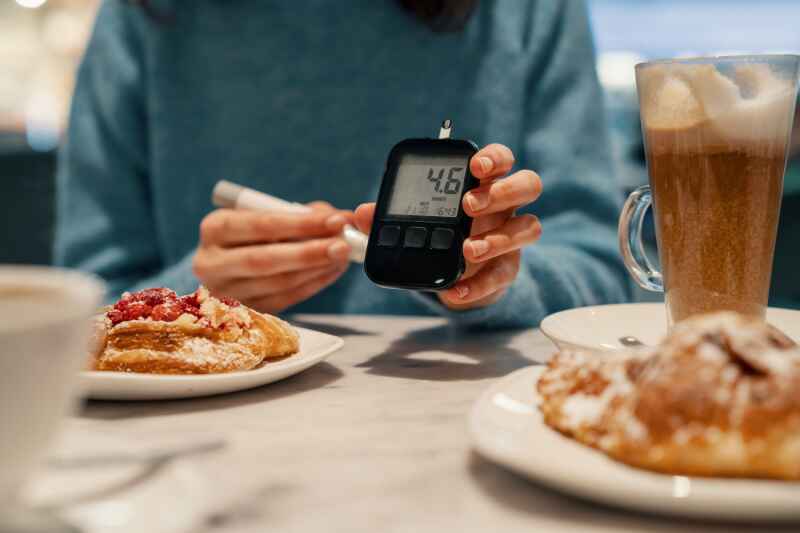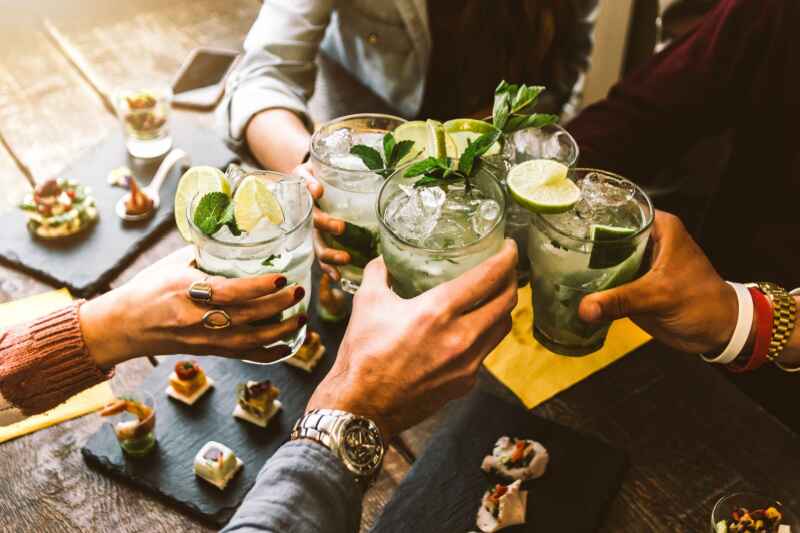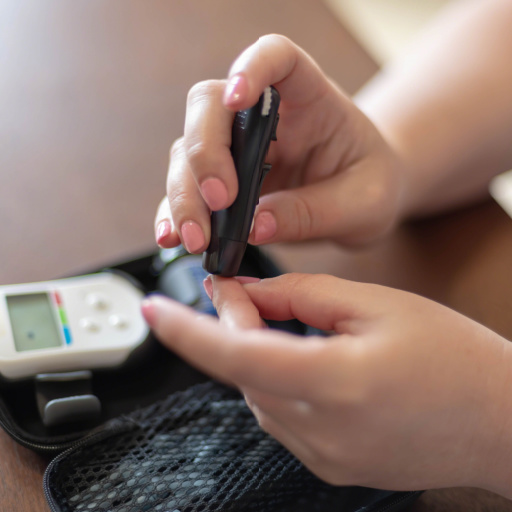People with diabetes often wonder if it’s safe to drink alcohol. While several people can consume alcohol in moderation, for people with diabetes, it can interfere with how their body uses blood sugar and can cause health problems, especially when consumed with diabetes medications. This is why it is vital to understand the risks of alcohol and diabetes.
What you need to know:
Introduction to diabetes and alcohol

If you have diabetes, you must be super cautious when it comes to alcohol, as it can worsen the symptoms of diabetes. Alcohol affects your liver function in terms of regulating your blood sugar levels. It can also interact with some medications for diabetes and worsen your symptoms.
Understanding diabetes
Diabetes is a medical condition that raises blood sugar levels as your body stops producing insulin properly. Insulin is a hormone that enables glucose to flow from the bloodstream into the cell to produce energy. This leads to an increase in your blood sugar levels.
Many factors, including genetics, age and diet, can cause diabetes. A healthy and balanced diet with whole grains, fruits and veggies can aid in the prevention of diabetes. They are digested slowly, and they gradually release glucose in your blood, stopping your blood sugar levels from spiking. Leading an active lifestyle can also help maintain blood sugar levels.
Effects of alcohol on blood sugar levels
Here are some effects of alcohol on your blood sugar levels that you might experience. Alcohol consumption can worsen diabetes-related medical complications, such as neuropathy, retinopathy, and disturbances in fat metabolism.
- Alcoholic drinks like beer and mixed drinks feature a lot of carbs, which can raise your blood sugar levels. Many sodas and cocktails also contain added sugar, which should be avoided. Instead of sodas, you can have water, milk or green tea. These drinks have low carb and sugar content.
- Excess calories from alcohol are typically stored in the liver as liver fat and can make it more difficult for you to manage your weight. It can also make liver cells more insulin-resistant and increase your blood sugar levels over time.
- While drinking alcohol, the liver breaks down alcohol and stops the release of glucose. This can make your blood sugar levels stoop quickly, putting you at risk for low blood sugar levels (hypoglycemia). Severe low blood sugar levels can also lead to glycemic shock, causing loss of consciousness, speaking difficulties, and double vision.
Tips for safe alcohol consumption during festive celebrations

Here are some tips for consuming alcohol during festivities safely:
- If you drink alcohol while on diabetes medications like sulfonylureas and meglitinides, your blood glucose levels can drop drastically, leading to hypoglycemia or insulin shock. This condition requires immediate medical attention, especially during festivities and celebrations when our health tends to take a back seat.
- You can also choose healthy drinks such as fruit juices and food alternatives like nuts and homemade snacks so that you do not crave alcohol at all.
- The liver’s primary role is to store glycogen as glucose for bodily functions. When you consume alcohol, the liver removes it from your blood instead of regulating your blood glucose levels. This is particularly risky if you already have low blood sugar levels, so it’s best to avoid alcohol at festivities or parties.
- The year is ending so people look forward to making new resolutions in the new year. Instead of drinking at this New Year’s party, you can hit the gym with your friends, write a journal or read a book to feel better instead. This can also be a good time to stick to your New Year’s resolutions. Some people may find that alcohol helps them to deal with stress and depression. It may make you feel relaxed, but it’s not a healthy coping mechanism to manage your feelings.
- If you have diabetes, you must be aware of other health risks of drinking during festivities including:
- Increased blood pressure from excessive drinking
- Worsened symptoms of neuropathy
- A dehydrated body with a poor sleeping cycle
Do not get completely swept by the festive spirit. Be mindful of what you eat and drink.
Most people with diabetes can have alcohol occasionally. Our body takes around 1 hour to process one alcoholic drink. Drinking more than that can cause low blood sugar, which can be harmful if you are on an empty stomach. Check your blood sugar levels after drinking alcohol to make sure the levels are normal and have snacks if your levels are lower than what’s normal. Remember to connect with a medical expert if you feel uneasy at any point in time.
Stay tuned to the Activ Living Community. Keep up to date with the latest health tips and trends through expert videos, podcasts, articles, and much more in nutrition, fitness, mindfulness, and lifestyle conditions like Asthma, Blood Pressure, Cholesterol, and Diabetes. Activ Living ke saath sahi sehat ki shuruaat ABHIkaro.
You may also be interested in the following blogs:
- Yoga Asanas To Gain Control Over Your Blood Sugar Levels
- Impact of High & Low Blood Sugar Levels on Your Body
Popular Searches
How to lower blood pressure | Fruits good for liver | Unhealthy foods | Ragi Benefits | Basal Metabolic Rate | Acupressure points for High Blood Pressure | Ayurvedic medicine for blood pressure | How to control cholesterol at home | Homeopathy for Asthma | Biological Age | Home remedies for TB | Natural beta blockers | Negative effects of internet | Types of walking | Blood pressure calculator | Blood sugar calculator | BMI Calculator





 1800-270-7000
1800-270-7000






